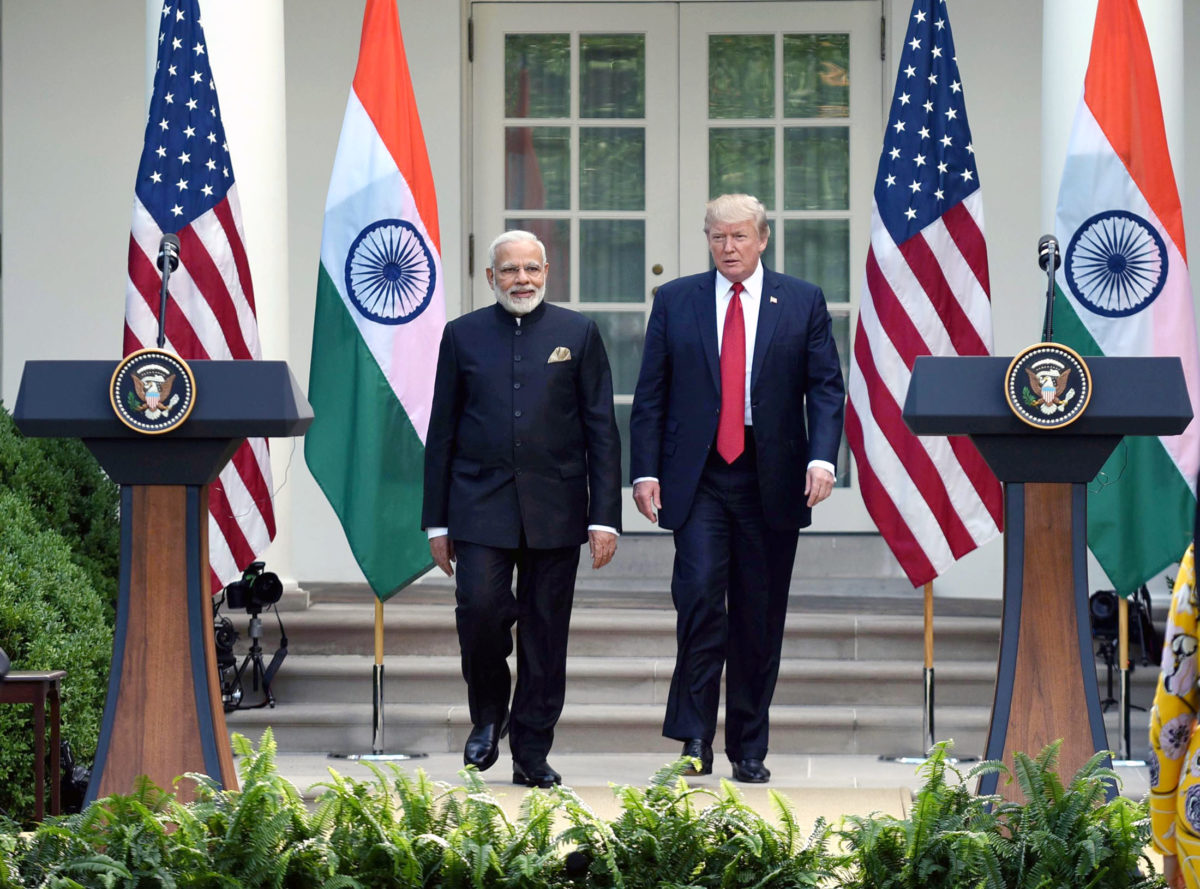From pv magazine USA.
With the Trump administration having removed Turkey from the list of nations exempt from import tariffs on solar cells and modules, U.S. project developers looking for imported products may turn to India which, along with Brazil, Tunisia and Algeria, is still spared such trade measures.
Unlike previous trade actions which targeted solar imports from China, and later Taiwan, the truly global nature of the Section 201 tariffs imposed by President Trump ensured there weren’t many places to relocate a factory and get around the U.S. tariff regime.
There weren’t many; but there were some. The Section 201 tariffs carry exemptions for several dozen developing nations that are part of the Generalized System of Preferences (GSP) list, as long as imports from such nations do not exceed 3% of the total volume imported during any year, or 9% of aggregated import levels.
While Thailand and the Philippines were not exempted, as they had already supplied more than 3% of PV imports, one nation that was on the list was promising for east Asian manufacturers: Turkey.
Over the last few years, Turkey has become a minor PV manufacturing destination, with local producers including Ankara Solar and CW Enerji joining China Sunergy, and with Chinese PV maker HT-SAAE commissioning a 600 MW cell and module fab in 2017 and planning an 850 MW mega-factory.
At the time of writing it was not clear how much of the nation’s cells and modules were making their way to the U.S. market but as of last week that no longer mattered, as Turkey was formally removed from the GSP on May 16.
The price of economic success
Although the removal of Turkey from the GSP will hit PV module importers, that was not necessarily the aim of the Trump administration.
The GSP is intended for developing nations, and Turkey’s removal from the list – which was established in 1974 – is intended to recognize it has developed sufficiently that it should no longer receive preferential treatment, even though Turkey still has a per-capita GDP of less than $10,000. The World Bank has described the nation’s economic and social development in the past two decades as “impressive”, with the incidence of poverty more than halving between 2002 and 2015.
As such, the lender now describes Turkey as an “upper-middle-income country”, and it is likely to be this economic success that determined the recent change.
Any knock-on benefit for India, however, may be limited by the repeated frustration of attempts to incentivize a domestic solar manufacturing industry in the nation. As the country digests what exit polls are predicting will be another historic landslide victory for Narendra Modi and his BJP party, it remains to be seen whether the new government will have any more success getting solar manufacturing off the ground.
This content is protected by copyright and may not be reused. If you want to cooperate with us and would like to reuse some of our content, please contact: editors@pv-magazine.com.








By submitting this form you agree to pv magazine using your data for the purposes of publishing your comment.
Your personal data will only be disclosed or otherwise transmitted to third parties for the purposes of spam filtering or if this is necessary for technical maintenance of the website. Any other transfer to third parties will not take place unless this is justified on the basis of applicable data protection regulations or if pv magazine is legally obliged to do so.
You may revoke this consent at any time with effect for the future, in which case your personal data will be deleted immediately. Otherwise, your data will be deleted if pv magazine has processed your request or the purpose of data storage is fulfilled.
Further information on data privacy can be found in our Data Protection Policy.